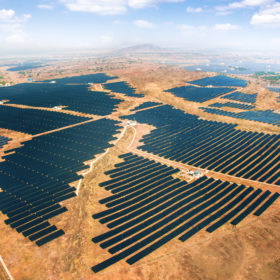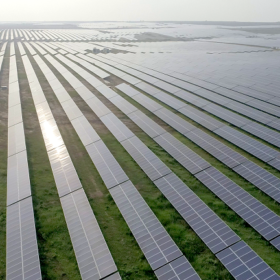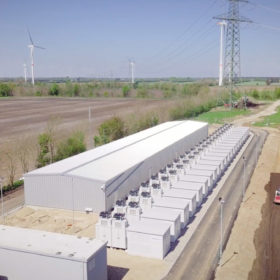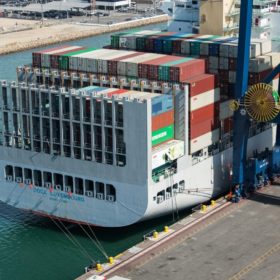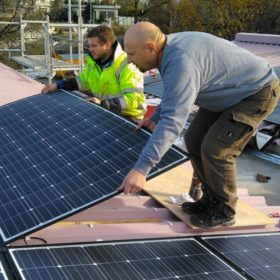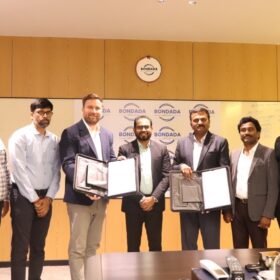ArcelorMittal planning solar investment in Rajasthan and Gujarat
The UK-headquartered steel major is mulling to set up a 4.5 GW solar park in Rajasthan with an investment of INR 19,000 crore. It also plans to invest in Gujarat’s solar energy, wind energy, and hydrogen gas production sectors.
ICRA assigns stable outlook to India’s renewable energy sector
The outlook is supported by a strong project pipeline, competitive tariffs, and continued policy support. The demand outlook for domestic solar module manufacturers also remains favorable.
Bullish clean energy stocks helped maintain healthy investment levels
The latest renewables investment report produced by analyst BloombergNEF has noted backing for solar projects continued to rise in the first half as wind power investment fell back.
In H1 2021, India met 72% of electricity demand growth through solar and wind
The figures paint a better picture for India than other Asian nations, where fossil fuel-based generation accounted for a much bigger share in meeting the rise in electricity demand.
Renewable energy investment in just four months exceeds FY2021 figures
The Indian renewable energy sector received an investment of US$6.6 billion between April and July 2021, beating the total for the previous financial year.
Indian renewable energy developers raise over INR 26,300 crore through green bonds in first half of 2021
Since 2014, Indian renewable energy developers have raised more than INR 78,200 crore through green bonds in global markets.
The potential for grid-scale energy storage in India
A new study provides a first-of-its-kind assessment of grid-scale energy storage deployment in India both in the near term and the long term. The researchers conducted scenarios-based capacity expansion modeling to assess when, where and how much energy storage can be cost-effectively deployed in India through 2050. In all scenarios, energy storage was found to play a significant role in India’s power system.
Solar modules are being detained by US customs agents, reports suggest
An order issued in late June instructed US customs agents to detain solar shipments containing silica-based products sourced from a Chinese firm and its subsidiaries. Three solar players may already have been impacted.
Siemens deploys smart metering technology for Tata Power-DDL customers
Siemens has deployed its EnergyIP meter data management system for over 2,00,000 smart meters in North Delhi, enabling the timely and accurate collection of electricity meter data digitally. The advanced metering infrastructure will pave the way for the deployment of Smart Grids across the country.
Energy transition to create 60m solar jobs by 2050
The switch from fossil fuels and nuclear will bring a jobs dividend thanks to the greater labor-intensity of renewables plants, according to a paper published by Finland’s LUT. However, the jobs dividend is unlikely to be evenly spread around the world, with Europe set to be a big winner.
